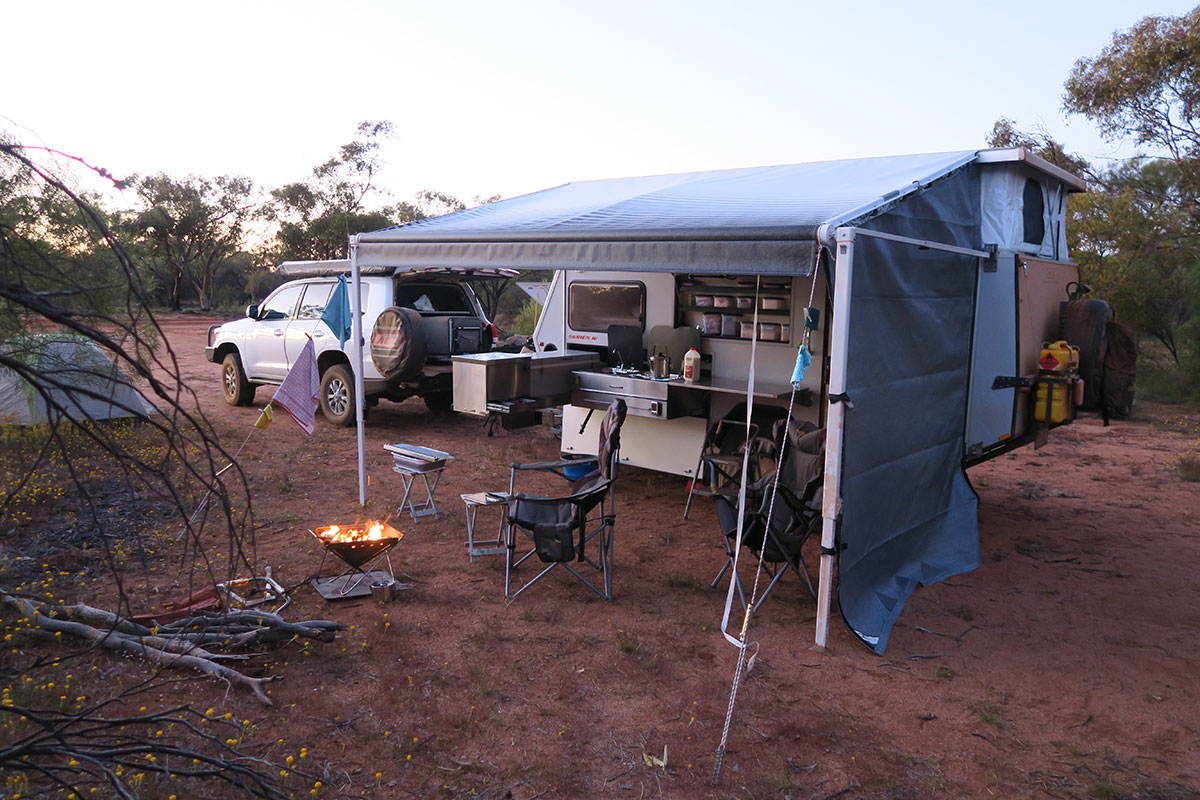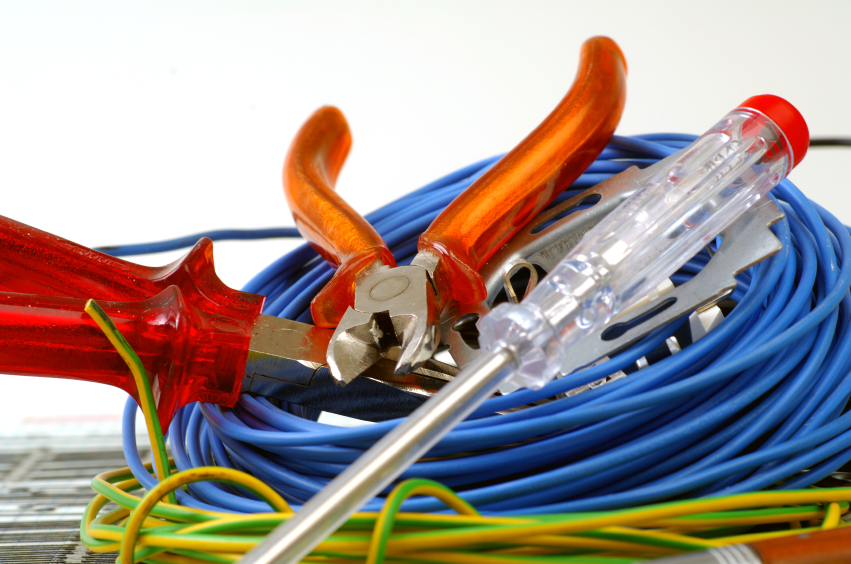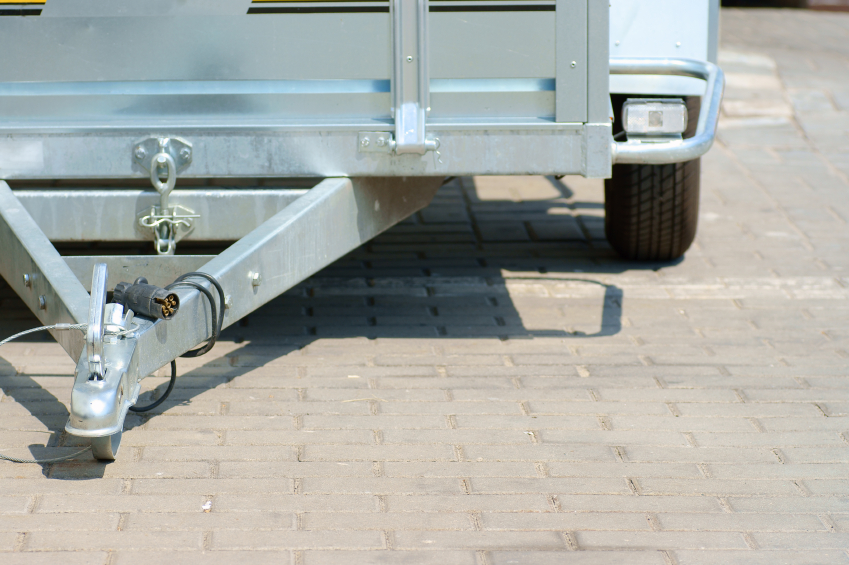Unless you’re buying a rubber dinghy, boat insurance can quickly get complicated, and the last thing you want is to be talked into paying for more insurance than you need.
Here’s a list of the things you will need to think about when getting insurance for your boat.
Full Comprehensive Boat Insurance or Third Party?
Full comprehensive insurance typically covers theft, accidental loss and damage. Causes of damage may include fire, hail, running aground or accidental collision. Just like with the majority of third-party insurance for land vehicles, your cover will typically include liability for injury or damage to other parties and vessels, but not loss or damage to your boat.
You should also check whether the contents of your boat are covered.
Replacement cost
Don’t be left out of pocket – make sure you buy insurance that gives you coverage close to the current market value of your boat. You may need to adjust the amount at each renewal to account for depreciation.
A complete write-off is never fun, so also think about what steps you can take to keep your boat safe from theft or serious damage.
Lay-up insurance
You may be entitled to a policy discount of 50 per cent or more during periods of non-use, such as winter. While this can be a good money saver, you need to remember that you won’t be covered for loss or damage to your boat if you use it during this lay-up period.
Transit cover
Certain types of boat – such as large power boats and fixed-keel yachts – are not designed for long-distance transit on land. Some insurers provide special one-off policies covering damage during the trip.
Geographic limits
Your insurance cover has physical land and water limits. If you are planning to take your boat around the country, make sure that your policy covers all land and waterways, as well as up to at least 370 nautical kilometres offshore.
Engine failure
Note that insurers usually don’t cover mechanical failures such as engine seizure or overheating, unless it is caused by external factors. A comprehensive policy should cover engine damage caused by collision, fire, malicious damage, sinking or grounding.
No-claim bonus
Check to see whether you can claim a discount on your premium if you haven’t claimed for an agreed period.
Additional cover
Think about any special uses for your boat – such as racing or water-skiing – that might affect your cover and discuss them with your insurer. Often, you will be required to buy special liability cover on top of your standard policy.
Insuring your boat can help ease the pain if you have an expensive mishap – and it will allow you to continue enjoying life on the water. When shopping for insurance, also be sure to review your legal requirements for safe boating.





